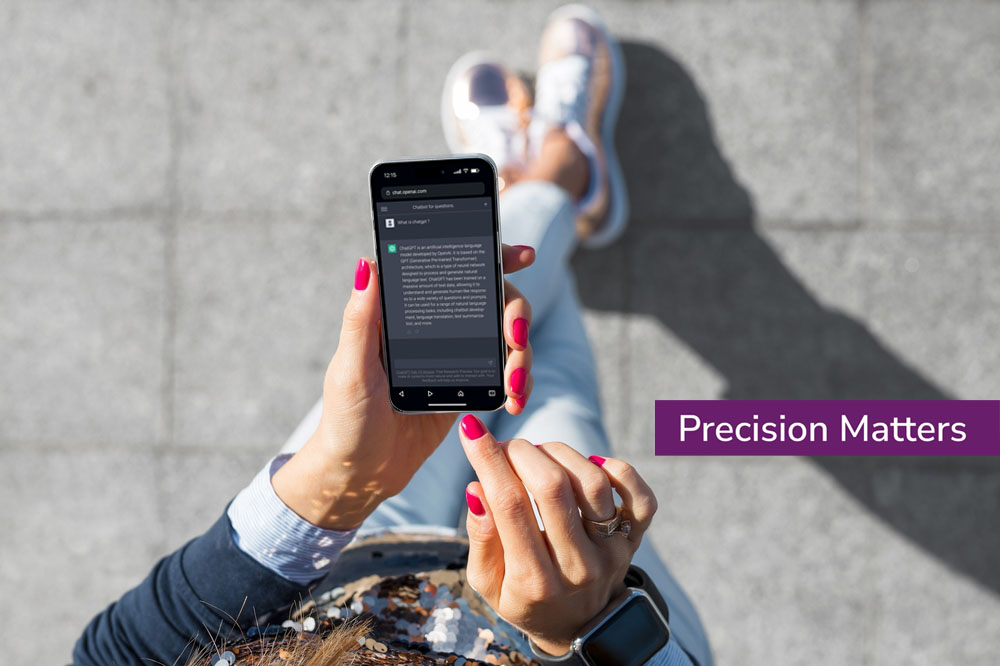
Teamwork Skills
Teamwork skills are the mix of skills that an employee uses to contribute to the group, and skills used to make the most out of everyone’s contributions. For organizations seeking to optimize how their teams interact, coaching is an effective approach for developing the skills that contribute to good team productivity.
What Are Teamwork Skills?
Strong teamwork skills enable employees to perform well within a group. These skills can be divided into two types:
- Personal skills, which are internally focused and allow the employee to take on an effective role within the team
- Affiliative skills, which are outwardly focused and promote cooperation
In general, soft skills are dominant, although hard skills can come into play (such as working with scheduling programs and creating reports).
Why Are Teamwork Skills in the Workplace Important?
Even employees who operate independently need to work in groups at times. Teamwork skills are necessary at any type of meeting where more than two people are present. Common activities that require teamwork, and which almost every employee encounters, include goal-setting, task division, and change management. Even remote work requires good teamwork skills, with full-time WFH employees spending 27% of their day in collaborative activities. In all, a significant percentage of employees across job levels rate teamwork as being important.
Teamwork Models
Both managers and HR professionals are involved in building effective teams. Particularly for large organizations, this can be a difficult task. However, various models help with creating teams and analyzing their performance.
Team Building
A well-functioning team isn’t created overnight. Instead, it starts with a foundation based on best practices and is adapted over time. Here are a few models that can assist with the building stage:
- GRPI – goals, roles, procedures, and interpersonal relationships. Before creating a team, it’s important to define these variables. For interpersonal relationships, the team should be composed of people who communicate well and trust each other.
- FSNP (forming-storming-norming-performing) describes what you can expect, as a team works together and matures. The critical stages are storming, where people become familiar with each other; and norming, where a group identity grows and the team learns about the skills of individual members.
Team Analysis
Even the teams that start off with great planning can have difficulties. To diagnose and fix a team that’s not functioning, there are a number of models, including:
- T7 explains that there are seven factors that create a high-performance team, and when one or more of the factors is missing, remedial steps should be taken. These factors are thrust (a shared purpose); trust; talent; team cohesion; task execution abilities; team leader fit; and team support from the company.
- The Hackman model contends that troubled teams suffer when they lack at least one of five conditions, which are: team stability; a clear and engaging direction; an enabling structure; a supportive organizational context; and expert coaching.
Teamwork Skills – Examples
When building or assessing a team, it’s likely that not everyone has the same number or level of related skills. For HR, making sure that groups have the abilities that they need for success will require an upskilling program. Although you should always perform your own skills gap analysis, there is a set of basic teamwork skills that are normally the focus of such programs. As mentioned above, teamwork skills can be described in terms of personal skills and affiliative skills:
Personal Skills
Organization and Planning Skills
Being a team player means keeping track of responsibilities. Properly recording tasks and organizing them into priorities is essential for doing one’s part.
Time Management
Closely related to planning is the issue of time management. This goes beyond putting tasks into a schedule. Ensuring that the task is completed on time must take into account competing activities, the length of time required to complete the job, and coordinating with the efforts of other team members. In addition, employees must be able to eliminate distractions, which is a significant challenge.
Creative Thinking
The ability to examine a problem from different viewpoints is a skill that can be exercised by the individual even when outside of a group setting. When participating in teamwork, creative thinking allows each member to prepare various options before the team identifies the most valuable ones.
Affiliative Skills
Communication
Communication might be the most essential teamwork skill. A team can include coworkers, superiors, and subordinates. For a team to be successful, members should know how to deal appropriately with each of these groups. For example, a supervisor needs a different explanation of a challenge facing the department compared to a manufacturing worker. Employees should have some type of proficiency in communicative styles (writing, public speaking, presentations) that are relevant to their position. Finally, every worker benefits from enhancing basic communication skills including speaking, listening, and responding.
Active Listening
We don’t always listen or respond to what people are saying, due to fatigue, lack of interest, or the content and manner of the speaker. In a teamwork setting, this is obviously a problem because it:
- Wastes the time of the group
- Can lead to missing a valuable point that the speaker is making
- Prevents the speaker from improving their abilities
Active listening can resolve this situation. When using active listening methods, the audience should:
- Make sure they are concentrating on the speaker
- Demonstrate that they are paying attention through body language and verbal signals
- Ask probing questions in a constructive manner but save judgment for the end
- Provide helpful feedback to the speaker once the discussion is over
Critical Thinking
As a complementary skill to creative thinking, critical thinking allows the team to narrow down available choices. Teams with good critical thinking skills will recognize the value of ideas regardless of who presents them, and will also derive a result that is a combination of elements of the best approaches.
Professionalism
In any group effort, there can be a conflict between personalities and/or ideas. A professional will keep emotions out of the picture and focus on a constructive role, no matter what direction the team chooses or which people take the lead.
A Note on Problem-Solving
Problem-solving is an interesting skill that does not easily fit into either the affiliative or personal categories. Thinking up solutions to challenges can occur on an individual basis. But to generate the maximum number of ideas, working within a group is optimal.
Developing Teamwork Skills
The best way to improve any skill is by exercising it. However, because teamwork is dynamic and interactive, it is not always practical to depend on a member of the team to record steps, critique the process, and provide recommendations. This will interfere with the participation of the team member in the project itself.
Instead, an HR/L&D practitioner should take an objective role in observing the team at work and advising areas for improvement.
Another option for developing important teamwork skills is the use of a coach. The archetype of a coach is a person who brings individual athletes and turns them into a team. Similarly, a teamwork coach can advise a company on how to bring out the greatest contribution from every team member and optimize their productivity.
Coaches are also desirable because they can define the shortcomings of the team in terms of skills. Then, at a later stage, coaches can improve those skills using L&D programs in which they act as the expert.
Talent Development for Teams
Getting the most from a team can be a challenge, but this is one area where talent development platforms have proven success. By using matching algorithms to support soft skills training, this technology empowers L&D departments to strengthen their employees’ teamwork skills by matching them with the top trainers, mentors, and coaches in their field. Then, with an optimized sprint-based lesson format, talent development platforms ensure that teamwork skills are brought up to speed to meet business goals.


